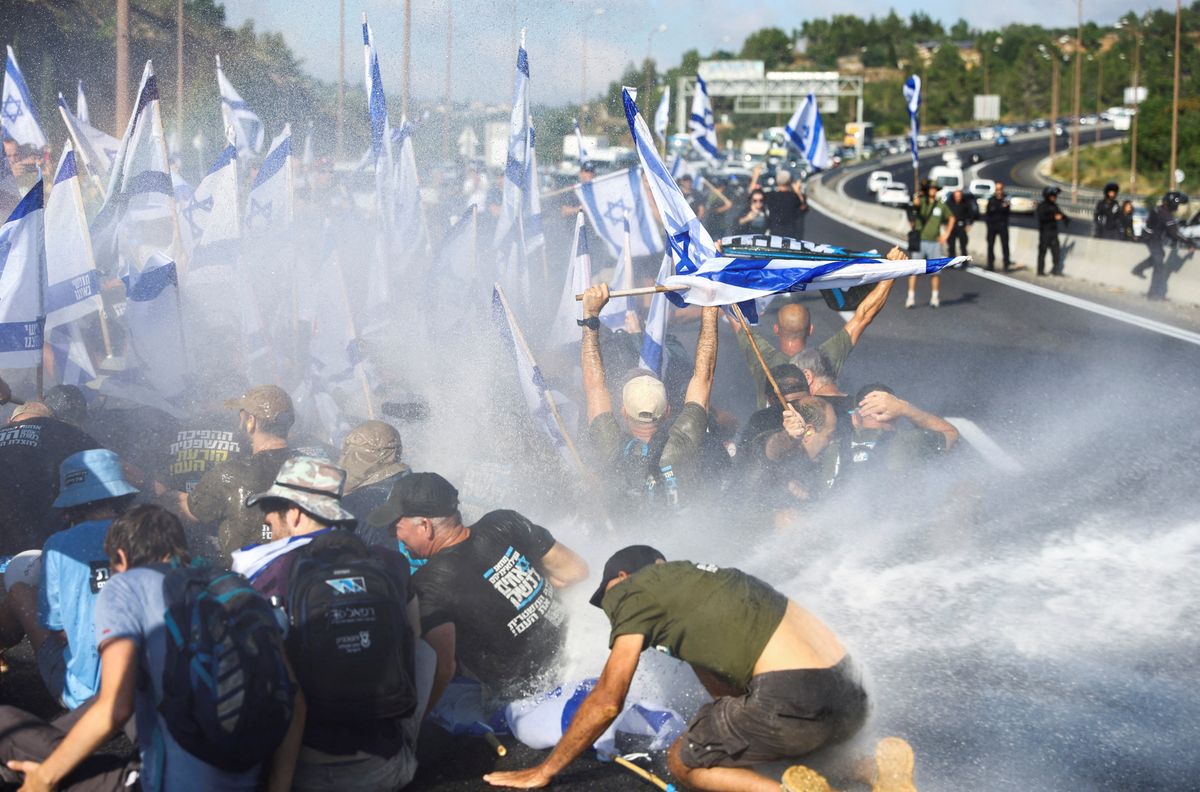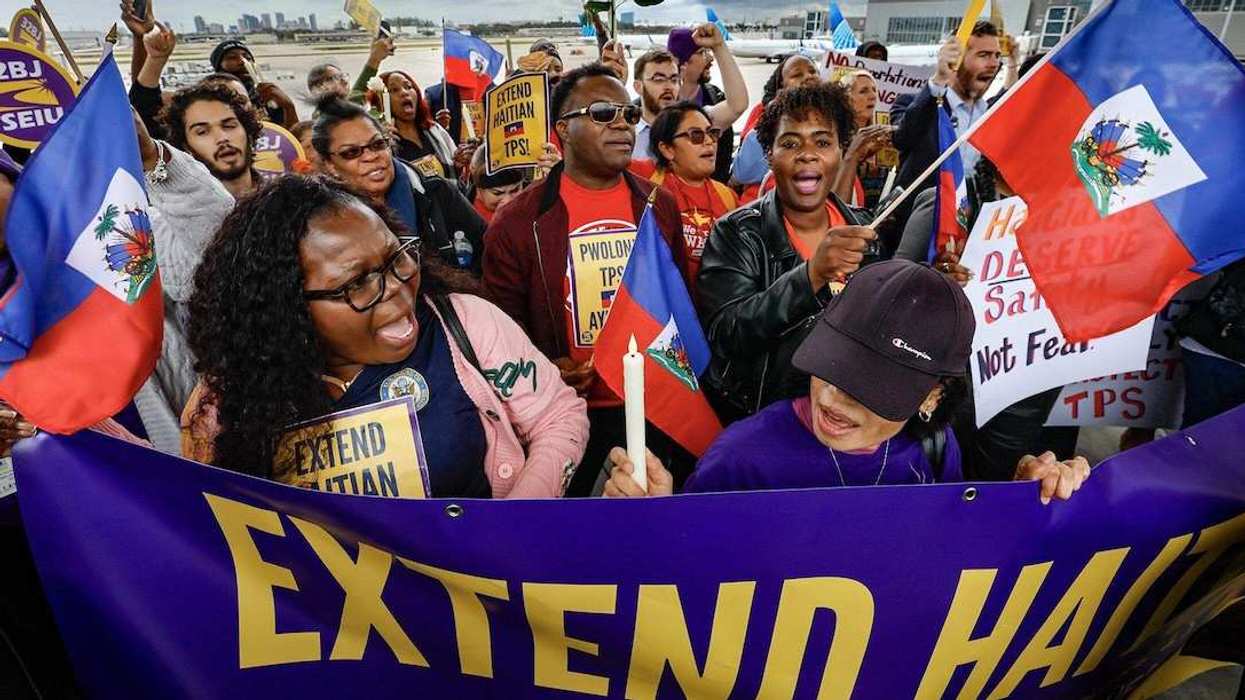On Tuesday, Israelis opposed to the government's judicial overhaul blocked highways leading to the country's main cities as part of a national day of disturbance the day after the Knesset (parliament) passed the first part of a legislative package designed to dilute the power of the judiciary.
At the heart of the bill – which still needs two more parliamentary votes to pass – is the “reasonableness” clause. If enacted, the clause would prevent the High Court from overriding government decisions the judges deem to be unreasonable. This provision applies to administrative issues (like ministerial appointments) but not legislation.
This is a top legislative priority for the far-right government led by PM Benjamin Netanyahu. Consider that earlier this year, Israel’s High Court ruled that a senior member of the Netanyahu government could not serve in the cabinet because he had previously vowed to exit politics as part of a plea deal linked to corruption charges. While the court deemed the appointment a violation of the reasonable standard, the government said this move reflected the court’s activist streak.
Israelis have doubled down on protests in recent days, including in the halls of the Knesset. The last time this happened, the big labor unions joined in, causing Israel’s international airport to shutter for a day, and bringing Israel’s economy to a standstill. With his back against the wall, Netanyahu then called for a cooling-off period, putting the judicial overhaul on the back burner for several months.
But analysts say that the government would fall if Bibi drags his feet again, something the PM is loath to let happen. In the meantime, demonstrations, public disruption, and military holdouts are only getting more pronounced.


















